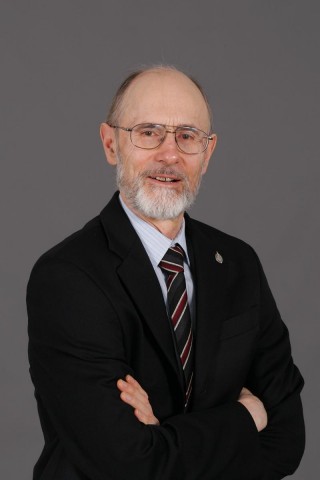MP speaks out re: post-secondary education
The following is a press release issued by B.C. Southern Interior MP Alex Atamanenko:
Over the past years, life has become more difficult for our post-secondary students. This past summer saw the second-highest level of student unemployment since 1977. Those who found jobs faced lower wages and fewer hours. Most students need a part-time job while studying and often work long hours resulting in lower marks.
Students are anxious about their finances and their future.
A university student in B.C. pays well over $5,000 for tuition fees (in Quebec, it is just over $2,000) and 43 per cent of new college and university students and 35 per cent of returning students believe they will run out of money by Christmas. The average student debt upon graduation is approximately $40,000 with some of the highest interest rates in the world.
The question we should be asking ourselves is why we have let our post-secondary education deteriorate while other countries have seen fit to invest in their students? For example, those in Finland pay no tuition fees, while students in France only pay a very small portion of the cost.
Massive cuts in federal funding to the provinces for post-secondary education over the past twenty years have taken their toll. Between 1986 and 2006, government grants as a share of university operating revenue have decreased from 80 per cent to less than 57 per cent. University budgets are increasingly being funded by tuition fees.
Although the 2007 federal budget contained the largest increase to core transfer payments to post-secondary education in 15 years, this cash transfer is still roughly $1 billion short of 1992 levels.
In addition, without binding agreements, provincial governments are under no obligation to ensure federal monies transferred to them benefit students. For example, according to the Canadian Federation of Students (CFS) the B.C. government cut funding to universities in 2008 by $50 million, the same year that our province received over $110 million in new post-secondary funding from the federal government. This is clearly not acceptable.
Canada needs a vision for post-secondary education. The time has come. The NDP has a well thought-out plan. We have put forward a strong message calling for increases to research and a stop to ideological earmarking of research funds as has been done by the Conservative Government.
We can also start by implementing the following recommendation of the CFS:
1. Create a federal Post Secondary Education Act to outline criteria for federal cash transfers;
2. Increase funding for Statistics Canada branch for the collection and analysis of post-secondary education statistics;
3. Increase the value and number of up-front grants to students by re-directing funds currently used on education related tax credits and savings schemes;
4. Increase graduate student-specific funding, e.g. doubling the number of Canada Graduate Scholarships available;
5. Remove the funding cap on the Post-Secondary Student Support Program and increase funding to meet the needs of all aboriginal post-secondary learners.
In conclusion, I would like to say that by investing in our young people today, we are investing in our future. Well educated graduates who are debt-free are one of the best economic drivers and “stimulus packages” that we could have.
Let’s support our students. The future of our country depends on it!


























Comments